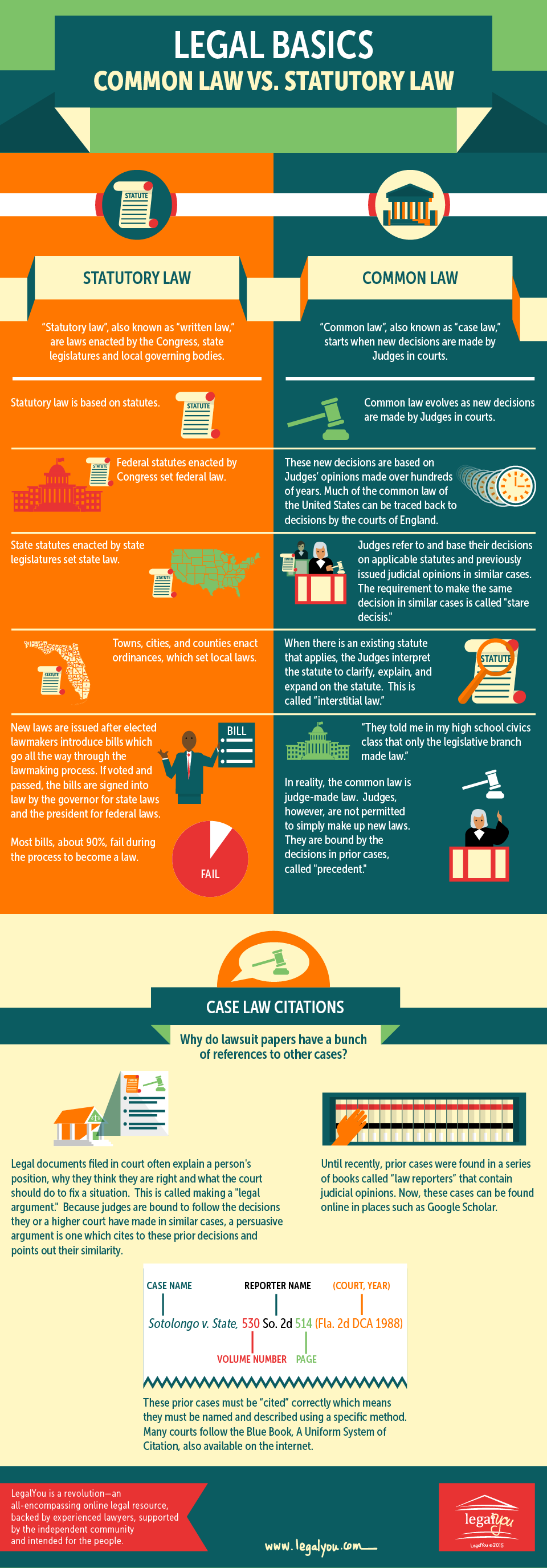Insights Into Criminal Defense: Support From Leading Legal Experts
Insights Into Criminal Defense: Support From Leading Legal Experts
Blog Article
Created By-Yildirim Smidt
When dealing with criminal fees, the journey can really feel overwhelming. You need to comprehend the first phases of Defense to browse this intricate process properly. Understanding your civil liberties and the implications of the fees is just the beginning. Leading attorneys emphasize vital approaches that can significantly affect the result of your instance. What you do next can make all the difference in how your Defense unravels.
Understanding the Preliminary Phases of Criminal Defense
The first phases of criminal Defense can really feel frustrating, however recognizing them is critical for navigating the legal system.
First, you'll likely come across an apprehension, followed by questioning. It's crucial to remain calm and exercise your right to an attorney. Your lawyer will certainly play a vital role at this stage, assisting you recognize the costs and possible consequences.
Next, you'll go to a preliminary hearing, where the prosecution provides proof. Pay close attention, as this sets the tone for your Defense technique.
Following this, you might enter a plea. Each choice you make during these phases substantially affects your instance. By remaining informed and engaged, you'll encourage yourself to encounter the difficulties in advance with confidence.
Secret Approaches for Crafting Efficient Legal Arguments
Crafting efficient lawful disagreements is crucial for a successful Defense, particularly when you wish to affect the outcome of your instance. Begin by clearly specifying your main points and the legal concepts that sustain them.
Use simple language to communicate your debates, making sure that they're easily recognized. Anticipate counterarguments and prepare actions to strengthen your placement.
Structure your debates rationally, linking each point to develop an engaging story. Be persuasive, yet constantly remain factual and considerate.
See to it your arguments straighten with the legislation and appropriate precedents, showcasing your understanding of the lawful landscape. Last but not least, exercise your shipment; a certain presentation can significantly affect how your arguments resonate with the court or jury.
The Function of Evidence and Witnesses in Courtroom Success
While strong legal arguments are crucial, the duty of evidence and witnesses usually establishes the end result of a trial. https://goodcriminaldefenselawyer09753.snack-blog.com/34284879/the-benefits-of-retaining-a-local-criminal-defense-lawyer require to collect engaging evidence that supports your situation, whether it's physical products, documents, or forensic records. Each item of evidence have to be thoroughly examined and offered in a way that plainly highlights your placement.
Witnesses can make or damage your instance; their testaments provide context and reliability. When picking witnesses, consider their reliability and capacity to communicate efficiently in court.
You'll additionally intend to prepare them thoroughly, guaranteeing they can withstand interrogation. Ultimately, combining solid proof with credible witnesses develops an effective story that can sway the jury in your support, bring about court room success.
Final thought
In browsing the complexities of criminal Defense, remaining informed and proactive is crucial. By recognizing the preliminary stages, you can better get ready for what lies ahead. Crafting efficient lawful arguments and highlighting the importance of evidence and credible witnesses will certainly reinforce your case. https://www.legalreader.com/questions-to-ask-when-hiring-a-criminal-defense-attorney/ in mind, a solid Defense isn't almost battling costs; it's about providing an engaging narrative that reverberates in court. Stay focused, count on your lawyer, and prepare to promote for your civil liberties every step of the means.
